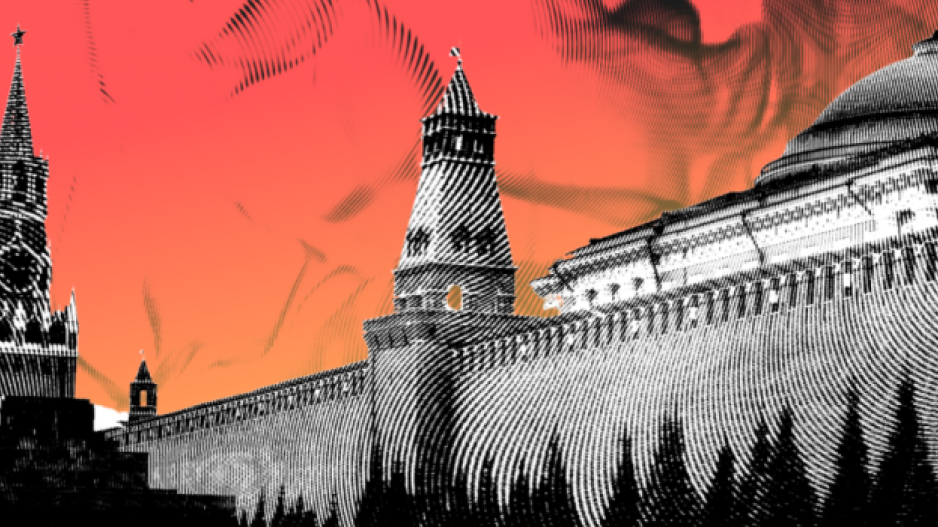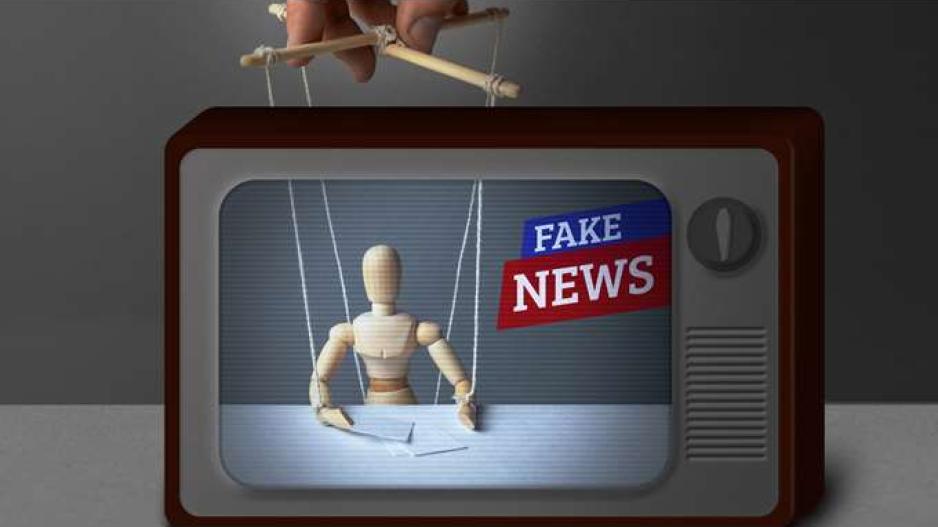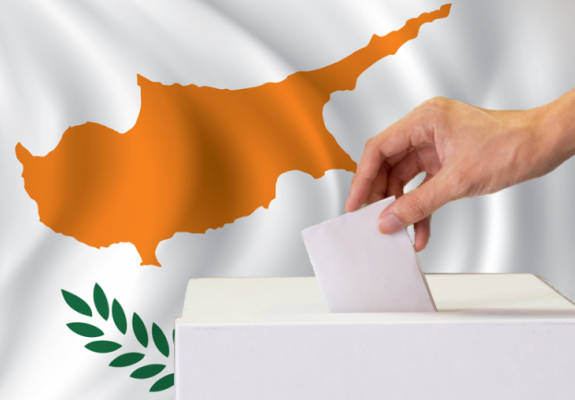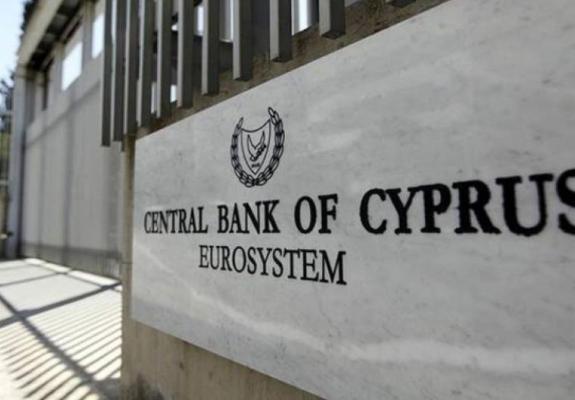How Lobbies Exploit USAID Attacks to Spread Fake News and Advance Their Agendas
This “propaganda war” against USAID serves as a convenient tool for various groups seeking to smear political opponents.
As the Trump administration moves to dismantle the U.S. Agency for International Development (USAID), a torrent of disinformation has washed over social media and beyond, sparking conspiracy theories that are swiftly being appropriated by special interests around the world. Analysts warn that this “propaganda war” against USAID—endorsed by President Trump and amplified by billionaire Elon Musk—serves as a convenient tool for various groups seeking to smear political opponents.
USAID, an independent agency operating in over 100 countries for more than six decades, has historically enjoyed bipartisan support for its efforts in global health, humanitarian assistance, women’s empowerment, and democracy-building.
The information environment about what USAID does and does not do has gotten to a very difficult place,” said Rachel Bonnifield, a senior fellow at the Center for Global Development. “False and misleading information is being circulated, and I would hope we can hew back to the facts, which are publicly available.”
In recent weeks, high-profile social media posts—some shared or re-posted by Mr. Trump, Donald Trump Jr., and Mr. Musk—have claimed that USAID funded everything from “transgender operas” abroad to celebrity appearances in Ukraine. White House Press Secretary Karoline Leavitt made headlines when she alleged, without evidence, that USAID poured American taxpayer dollars into a “DEI musical in Ireland,” a “transgender opera in Colombia,” and a “transgender comic book in Peru.”
A similar wave of disinformation targeted Hollywood A-listers, claiming USAID “paid millions” to Ben Stiller, Angelina Jolie, and others to visit Ukraine. These stories appeared in a fabricated video styled to look like E!News but later traced by researchers to a pro-Russian account.
“These incendiary accusations obscure any rational discussion about the agency’s actual goals and what foreign aid accomplishes,” said Sean Roberts, a professor of international affairs at George Washington University. “It’s ‘shoot now, ask questions later.’”

Russian state media outlets and pro-Kremlin accounts have seized on the Trump administration’s freeze on USAID funding, launching disinformation narratives, e.g. implying that the U.S. is abandoning Ukraine or “delegating it” to Europe. Experts on Russian disinformation say the goal is to sow doubt among Ukrainians and portray them as isolated.
“Since the beginning of the invasion, USAID has supported critical industries and infrastructure in Ukraine, from energy security to humanitarian relief,” said a spokesperson for a Ukrainian civil society organization that once depended heavily on USAID support. “Now, Moscow’s propaganda tries to spin the freeze as complete abandonment.”
Despite these claims, Ukrainian officials and European partners are exploring alternative funding sources to keep essential programs running.

The swirl of misinformation has rapidly become a political weapon beyond U.S. borders. In numerous countries, local factions or governments are taking up the Trump administration’s anti-USAID rhetoric to discredit opponents.
-
In Hungary, Prime Minister Viktor Orbán claimed that U.S. government subscriptions to Politico and other outlets effectively bankroll “left-wing media.”
-
In China, state-linked media personalities have pointed to the current U.S. debate over USAID as “proof” of Western subterfuge.
-
In Latin America, journalists investigating corruption in Colombia and elsewhere fear losing resources that supported major cross-border exposés.
“The flood of conspiracy theories about foreign-funded media is literally a gift to autocrats,” said Drew Sullivan, publisher of the Organized Crime and Corruption Reporting Project (OCCRP), which recently laid off 20% of its staff after funds were frozen. “Legitimate donors are now scared to fill the gap, meaning the bullies win if we don’t push back.”
From Serbia to Ireland, from Ukraine to Colombia, and across Africa, Asia, and Latin America, the abrupt freeze and the drumbeat of disinformation have left independent media, civil society groups, and local communities struggling to adapt. The claims—often debunked—have nonetheless been amplified by powerful figures, fueling a climate ripe for “fake news” to flourish.
If unchecked, observers warn, this wave of conspiracy theories may do long-term damage: it risks not only dismantling what remains of a bipartisan foreign aid consensus in the United States but also empowering authoritarian regimes and corrupt officials worldwide. As more grants are frozen and more journalists silenced, the global information landscape may be left increasingly vulnerable to propaganda—by design or default.






